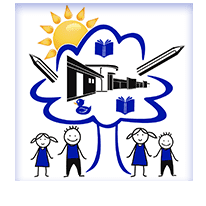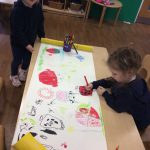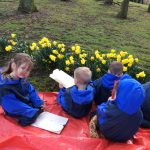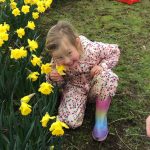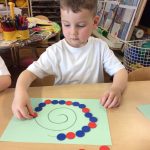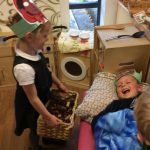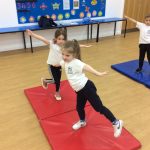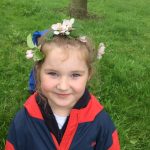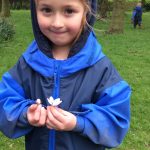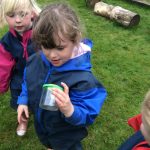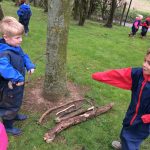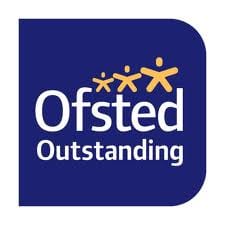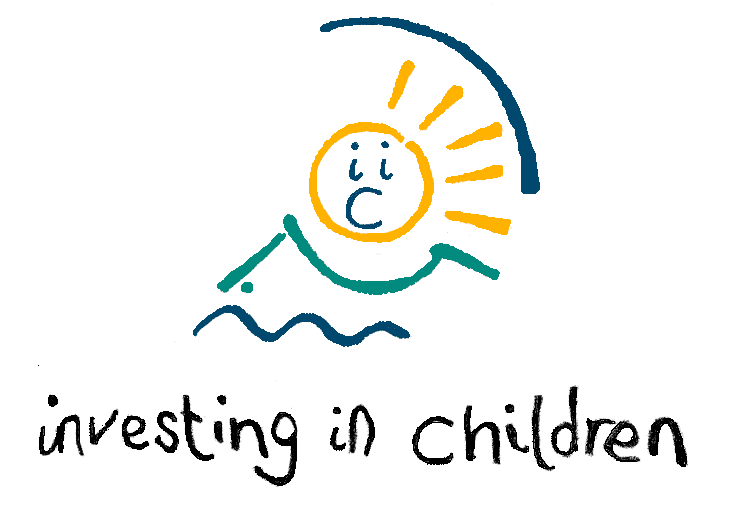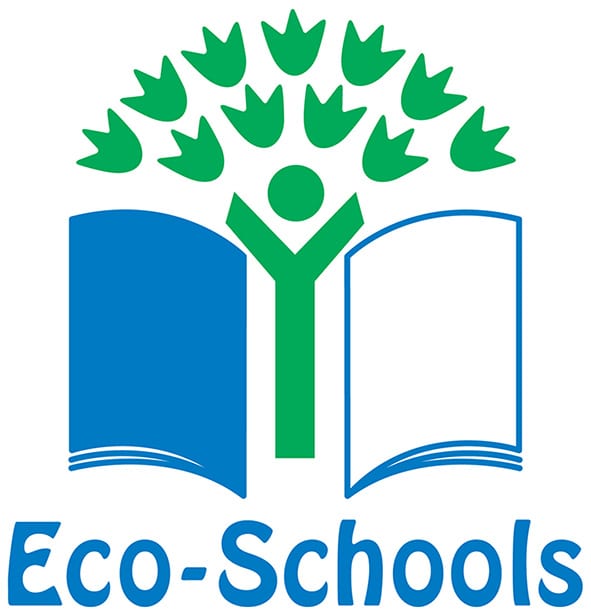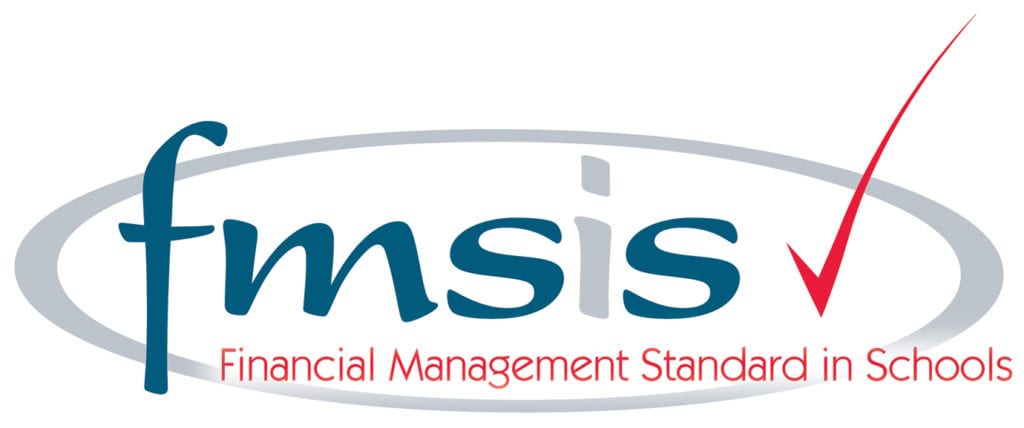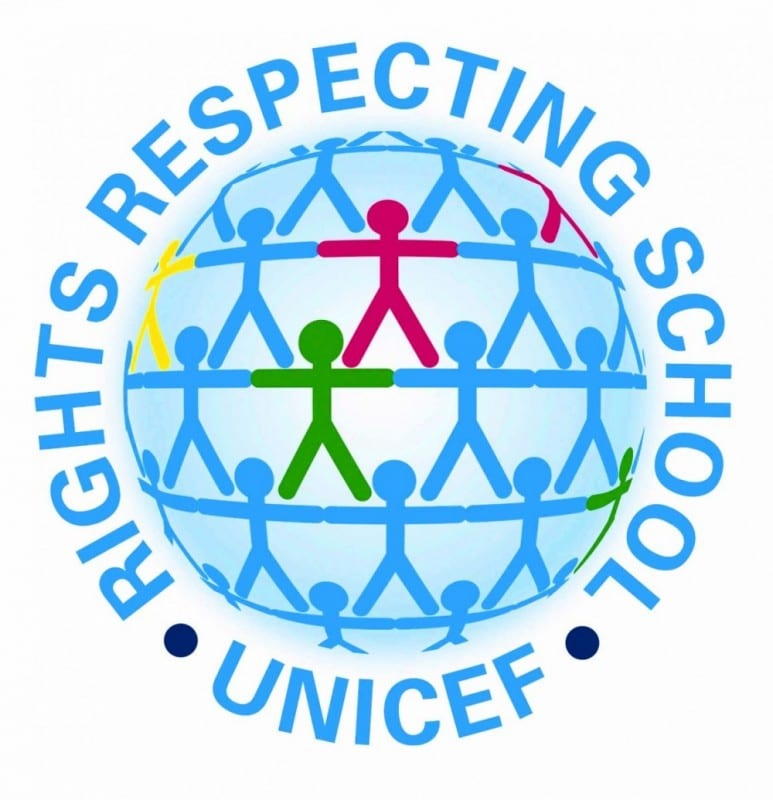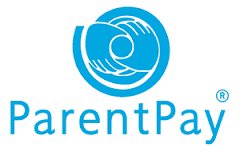Welcome to Class 1 – Reception
Our Class Teacher is Mrs Abson
Classroom support: Miss Jacques
Classroom support: Miss Agnew (Apprentice TA)
Classroom support: Miss Thompson (Apprentice TA)
Click on any thumbnail to view as a slideshow:
Class Curriculum
The Early Years Foundation Stage (EYFS) in Class 1 follows a separate curriculum to the National Curriculum. A New Statutory Framework has been introduced for September 2021 and this sets out the educational programmes that shape our school curriculum for EYFS.
Overarching principles
- Four guiding principles should shape practice in early years settings. These are:
every child is a unique child, who is constantly learning and can be resilient, capable, confident and self-assured - children learn to be strong and independent through positive relationships
- children learn and develop well in enabling environments with teaching and support from adults, who respond to their individual interests and needs and help them to build their learning over time. Children benefit from a strong partnership between practitioners and parents and/or carers
- importance of learning and development. Children develop and learn at different rates. The framework covers the education and care of all children in early years provision, including children with special educational needs and disabilities (SEND).
Seven Areas of Learning
There are seven areas of learning and development that must shape educational programmes in early years settings. All areas of learning and development are important and inter-connected.
Three areas are particularly important for building a foundation for igniting children’s curiosity and enthusiasm for learning, forming relationships and thriving.
These are the prime areas:
- communication and language
- physical development
- personal, social and emotional development
Providers must also support children in four specific areas, through which the three prime areas are strengthened and applied.
The specific areas are:
- literacy
- mathematics
- understanding the world
- expressive arts and design
Each area of learning has a set of related early learning goals which the children are assessed against.
In planning and guiding what children learn, we reflect on the different rates at which children are developing and adjust their practice appropriately.
Three characteristics of effective teaching and learning are:
- playing and exploring – children investigate and experience things, and ‘have a go’
- active learning – children concentrate and keep on trying if they encounter difficulties, and enjoy achievements
- creating and thinking critically – children have and develop their own ideas, make links between ideas, and develop strategies for doing things
Please view further information on the EYFS Framework on:
Early years foundation stage (EYFS) statutory framework – GOV.UK (www.gov.uk)
How do parents get involved? How are they kept informed?
The Reception year provides a wide range of activities and experiences for children across the year. Parents are kept up to date with a half termly newsletter that expands upon our curriculum and details the adult directed learning.
Children also have the opportunity to follow their own interests and bespoke learning in Reception. Staff in EYFS record observations and information on this learning in a ‘Learning Journey’. Progress and next steps in learning are shared with parents at least three times per year and more often in some cases.
Parents are encouraged to contribute to the Learning Journey by uploading news and achievements to Class Dojo Portfolios. Staff can then use this information to make a complete picture of the child for their assessments and this helps to strengthen our Home/School partnership. Parents are invited into school for parents’ evenings and other events such as Stay and Play events, plays and sports days. Parents receive a written report at the end of the academic year.
Class Dojo is also used to inform parents of positive and negative behaviour. Teachers will also send whole class or individual messages to parents with reminders, information and messages about a child’s welfare. Parents can also message teachers with any information or concerns. Any serious issues, injuries or concerns parents would be contacted by telephone.
Parents are encouraged to read at home with Reception children three times per week. They record their progress in a Reading Diary. This helps the home/school partnership for learning
The Daily Routine
8:45 – 8:55 – Drop off Time
8:55 – 9:00 – Registration
9:00 – 9:30 – Phonics Lesson and linked activities
9:30 – 10:00 – Child Initiated Learning
10:00- 10:30 – Reading and Snack Time (Daily Fruit is Provided)
10:30 – 10:45 – Play Time
10:45 – 11:15 – Maths Lesson and linked activities
11:15 – 11:45 – Child Initiated Learning
11:45- 12:45 – Lunch Time
12:45 – 1:00 – Fine Motor Activities/Reading Time
1:00 – 1:20 – Topic Lesson and linked Activities
1:20 – 2:00 – Child Initiated Learning
2:00 – 2:15 – Milk and a Story
2:15 – 3:00 – Outdoor/Child Initiated learning
3:00 – 3:15 – Story and Song Time
3:15 – Home Time
This routine provides a guide but may be subject to slight changes in order and timings. Reception Class usually have one PE lesson per week, focussing on gross motor skills. Reception Class may also have Forest School session throughout the year.
Forest School
Click on any thumbnail to view as a slideshow:
Forest School is a child-centred inspirational learning process, that offers opportunities for holistic growth through regular sessions. It is a long-term program that supports play, exploration and supported risk taking. It develops confidence and self-esteem through learner inspired, hands-on experiences in a natural setting.
Forest School has a developmental ethos shared by thousands of trained practitioners around the world, who are constantly developing their learning styles and skills to support new and imaginative learners. Its roots reach back to the open-air culture, friluftsliv, or free air life, seen as a way of life in Scandinavia where Forest School began. It arrived in the UK in 1993 and has grown from strength to strength since then.
The process helps and facilitates more than knowledge-gathering, it helps learners develop socially, emotionally, spiritually, physically and intellectually. It creates a safe, non-judgemental nurturing environment for learners to try stuff out and take risks. Forest School inspires a deep and meaningful connection to the world and an understanding of how a learner fits within it. Our approach to risk means that learners constantly expand on their abilities by solving real-world issues, building self-belief and resilience. We believe that risk is more than just potential for physical harm, but a more holistic thing, there are risks in everything we do, and we grow by overcoming them. Forest School therefore, helps participants to become, healthy, resilient, creative and independent learners.
There is lots of research out there to support the outcomes of Forest School, but we know that it isn’t just the educational outcomes and research that matter, our learners and leaders love it too!
What is Forest School? | Forest School Association
Forest Schools Handbook May 23
Please view further information about our curriculum on our website.
Adobe Reader
You may need a product like Adobe Reader (free download) to view our PDF documents on our website.
